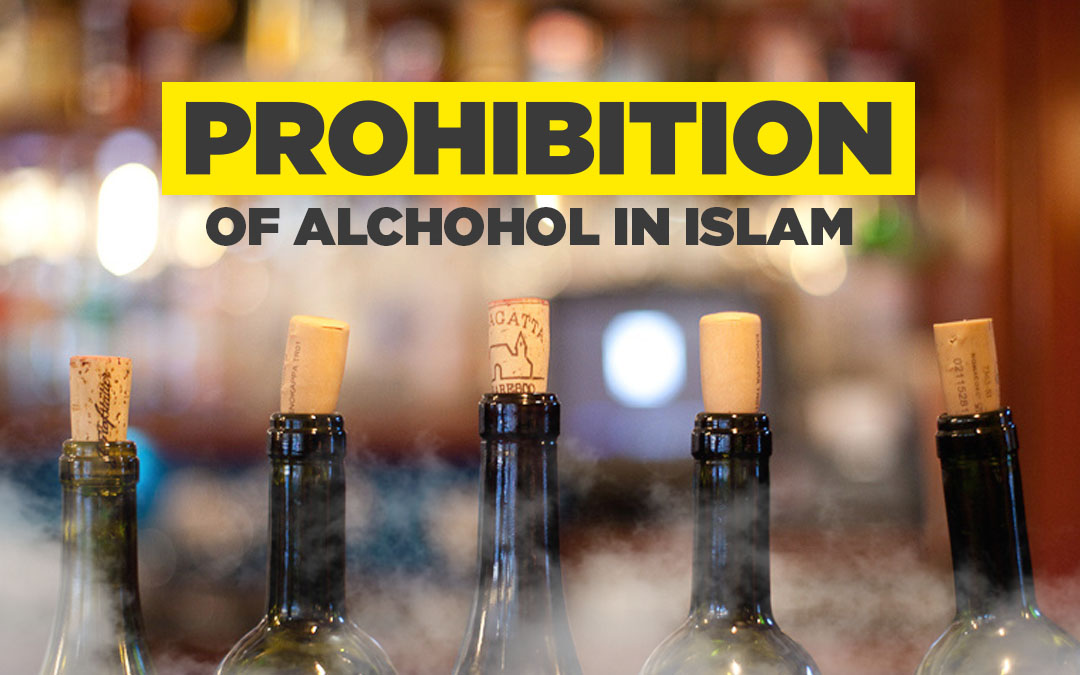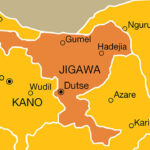On the 8th of November, 2020, Kano’s infamous Hisbah was in the news yet again. This time it was for the destruction of alcohol worth over N200 million, which was confiscated within Kano metropolis. The destruction exercise was carried out at Kalebawa in Dawakin Tofa Local Government by the Kano State Hisbah Board, the religious police force responsible for the enforcement of Sharia Law in the state.
As expected, Nigerians did not deviate from the script; immediately the news broke, debates sparked all over the country on the legitimacy of the exercise, the so-called ‘hypocrisy’ of the north and the fact that Kano benefitted from the tax paid by these brewery companies. A lot of people were quick to condemn the act while a few were impressed with Kano State Government for the courage to carry out the destruction.
- Mallam Sidi: Inside the rehab of repentant Boko Haram members
- Boko Haram: 47 soldiers killed in Borno
The prohibition of alcohol in countries did not start in 2020. For all the anti-Muslim sentiment in the world today, and fears that President Buhari is out to “Islamalise” Nigeria, the United States had a full-blown, Saudi-style total prohibition on alcohol from 1920 to 1933. Today, it is still banned in hundreds of local counties, representing an estimated 10 percent of the landmass of the United States. Other countries in the Middle East, notably the United Arab Emirates, Nigeria’s favourite holiday destination, has a law banning the sale and consumption of alcohol in the land. However, we all know that it is not the case, as the drink continues to be sold and served in bars, albeit discreetly, all over the emirate. I will return to that issue later.
Growing up in an Islamic household, the subject of alcohol was a taboo. As children, we knew that it was Haram (prohibited) and so developed a repulsive relationship with anything termed ‘giya’ (alcohol). The average Arewa person would rather admit to snorting cocaine or injecting himself with narcotics than admit to drinking alcohol. So great is the fear instilled in our collective minds. While being taught history taking in medical school, the emphasis was particularly laid on the delicate way to enquire about alcohol consumption among patients. For some, just asking a platonic question like –‘Do you drink alcohol?’ could throw the patient into a fit of rage and bring an end to the consultation.
Therefore, you can imagine my disconcertion when I started practising and discovered an ugly fact, that Muslims do, in fact, drink alcohol. In the hospital where I work, at any given time in the drug rehabilitation centre, there is almost always a patient on admission for alcohol intoxication and addiction. Most are men, young and old, Muslims and Christians, who have developed an unhealthy attachment to the drink and which has caused them to develop various symptoms. What this means is that, in this same Kano, where alcohol is purportedly banned, a significant population exists that drinks in such excessive amounts, high enough to cause alcoholic liver disease and the likes. What then is the problem?
Alhaji Suleman* is a 54-year-old business man with the typical features of alcoholism. The moment I saw him, with his bloodshot, yet faintly jaundiced eyes and beer belly, I recognised the symptoms. He had come in for a routine refill of his anti-hypertensive drugs and I took the opportunity to ask him about his drinking habits. He denied it vehemently. Swearing in different forms of ‘Wallahi Tallahi’, that he had never touched a drop of alcohol. He seemed affronted that I could entertain such a thought, that him a respectable member of the society and imam in their neighbourhood mosque could do such a thing. I apologised and let the matter drop.
When his blood pressure refused to be controlled and his liver enzymes continued to rise, Alhaji Suleman was forced to face an agonising truth. He returned to the clinic and asked to see me. This time, his mood was sober. Gone was the high and mighty demeanour. Hausa people have a saying: ‘Ranar wanka ba’a boyen chibi’. Loosely translated to imply that, all that is hidden under the sun must come out.
He had started drinking as a young man in his twenties. He and his friends experimented a lot with different types of drink and he had eventually developed a taste for wine and local gin. After obtaining his diploma certification, his father, a rich businessman with several chains of stores in the market, had given him a significant amount to invest in the textile business. Over the years, his numerous trips to Lagos, China and Dubai had fuelled his drinking habit and he developed additional exotic tastes. He drank only in the company of his friends at a popular joint down town and consumed five to10 bottles per day. At first, he was able to hide his habit from his family, but as the years passed and the rate of drinking increased, his wife slowly came to the realisation that her husband had a drinking problem despite his use of breath mints and the layers of perfume he sprayed on himself. Deeply ashamed of her husband’s secret, she disclosed to no one and explained his emotional outbursts to family and colleagues as ‘aljannu’ (evil spirits). For sometime, their tactic worked until the signs of liver failure began to manifest.
Listening to his story, made me understand the magnitude of the problem we face in Northern Nigeria. Alcoholism very well exists in this part of the world and burying our head in sand is not going to make the problem go away. A friend of mine once saw a popular politician in Abuja buying wine and instructing the shop attendants to package them in ‘Swan water’ Cartons, before delivering them to his car outside. In Dubai, many restaurants and bars operate under the guise of selling alcohol only to expatriates.
So, what does all this mean?
States like Kano and other northern states in Nigeria, which identify as sharia states do not exist in isolation. There are many countries all over the world where the sale and consumption of alcohol is banned according to the law. And like with LGBTQ issues, each country, secular or not, reserves the right to allow each state to design the law according to their people’s wishes. The law may be an ass, but it is what it is.
Does this mean Muslims don’t drink alcohol? Hell no! Despite being clearly prohibited, along with gambling, fornication and a host of other sins, Muslims will continue to go to commit grievous offences. After all, to err is human and to forgive, divine. The error we make is to assume it is hypocrisy; that a law bans something, yet it is being done. Gambling is prohibited in some states in the US, yet it is being done illegally- are they hypocrites too?
Nigerians need to understand that not everything is worthy of national outcry and debate. That a governor decides to destroy bottles of drink in his state should not be our concern. We can save our energy and long epistles for things like poverty and insecurity. Na dat one concern all of us.
Live and let live.

 Join Daily Trust WhatsApp Community For Quick Access To News and Happenings Around You.
Join Daily Trust WhatsApp Community For Quick Access To News and Happenings Around You.


